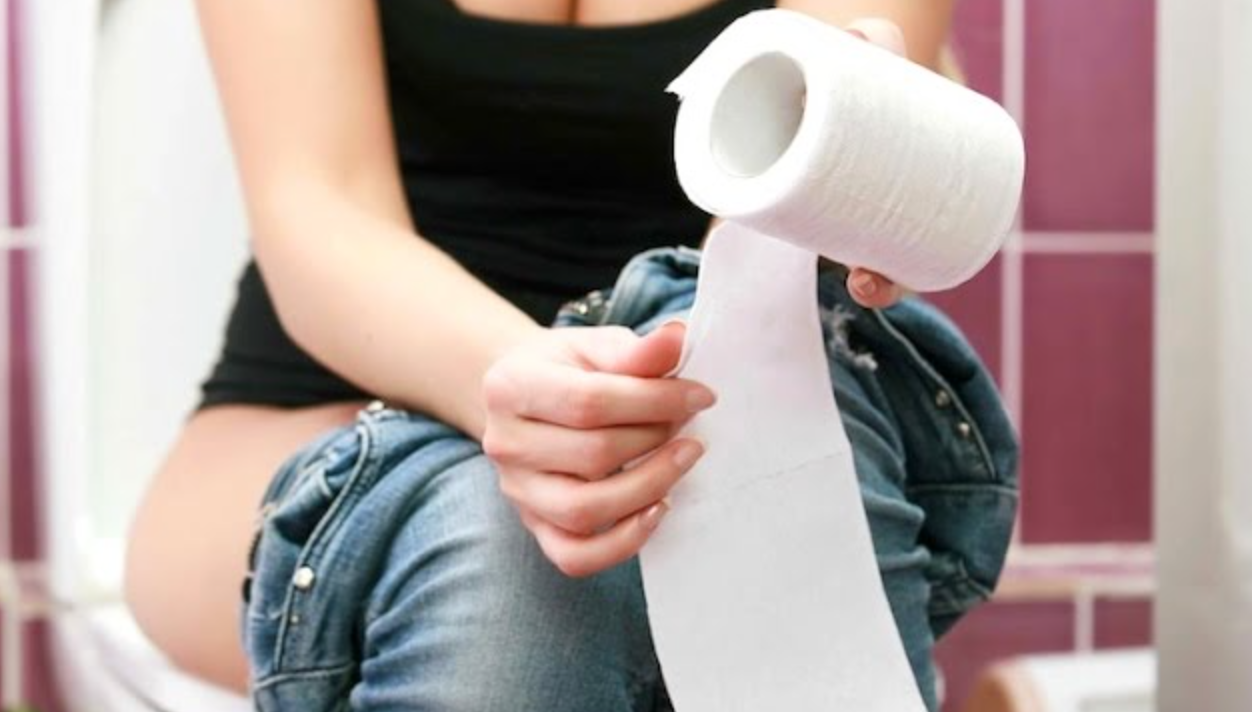"Constipation is not a disease but may be a symptom of another medical problem".
Constipation may last for a short or long time.
You can treat constipation at home in most cases by doing the following
A change in your food and drink may help you in making your stools soft and easier to pass. Eating high-fiber food and drinking more water and liquid can help you relieve constipation. You can also add a fiber supplement to your diet. Depending upon your age and sex 25 to 30 gms of fiber is recommended per day. Your constipation may be treated or prevented by changing what you eat and drink.
Regular physical activity is necessary for constipated patients. It helps relieve the symptoms.
If you think that certain medicine is aggravating constipation, tell your doctor. Because everyone is different and responds differently to medicines. Your doctor will prescribe some other medicine or dietary supplement. Don’t stop or start any medicine or supplement without the suggestion of a healthcare professional.
Try to train yourself to have bowel movements at the same time each day to become more regular. You can try to have a bowel movement 15-45 minutes after breakfast because it helps in the movement of stool. Give enough time to have a bowel movement. Go to the bathroom as soon as possible when you feel the need to go.

You may use a laxative for a small period of time on the recommendation of your doctor. Your doctor will prescribe laxatives best suitable for you. There are several laxatives including fiber supplements, osmotic agents, stool softeners, lubricants, such as mineral oil, and stimulants.
Doctors prescribe stimulants in cases when constipation is severe or other treatments are not working. If you are habituated to laxatives for a long time, talk to your doctor and stop it slowly. Over time, your colon starts moving stool normally after stopping laxatives. Taking laxatives without the recommendation of your doctor or taking laxatives for a long time, both are harmful.
If you fail to treat your constipation, consult your doctor. He/ she may prescribe a medicine to treat your constipation. If you are taking medicines or supplements which can cause constipation, your doctor may change doses, stop it, or switch to a different medicine in order to relieve the symptoms. Don’t stop or change medicines or supplements without the recommendation of your doctor.
Your doctor may recommend some medicines to relieve the symptoms
If the problem is with the muscles which control bowel movements, biofeedback therapy may be recommended to you by your doctor. This therapy can change how you make your muscles work.
If there is an anorectal blockage caused by rectal prolapse, surgery may be recommended to you. Your doctor may remove your colon if your colon muscles are not working properly. If surgery is recommended to you, ask your doctor about the benefits and risks associated with it.
Suggestions for prevention from constipation
Certain changes in your regular habits may prevent you from constipation